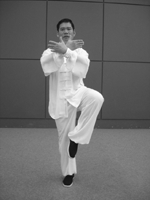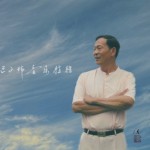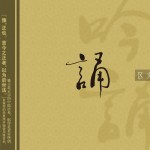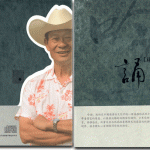Pangu Tai Chi
 Pangu Tai Chi is taught by Tai Chi Master Vincent Chu from Boston, MA; son of Tai Chi Grand Master Gin Soon Chu. Vincent began studying Tai Chi at a very early age from his father.
Pangu Tai Chi is taught by Tai Chi Master Vincent Chu from Boston, MA; son of Tai Chi Grand Master Gin Soon Chu. Vincent began studying Tai Chi at a very early age from his father.
Vincent’s father, Gin Soon Chu was a student of the famous Grand Master Yang Sau Chung, the world leader of the Yang school. Grand Master Yang taught thousands, who have in turn promulgated the art throughout the world. Gin Soon Chu was accepted as a disciple in 1977 and made responsible by Grand Master Yang for the sustenance and propagation of the Yang family tradition throughout North America.
For the last several years, Vincent has been working with Master Ou to create Pangu Tai Chi, otherwise called by Vincent as “Returning Tai Chi Chuan Form”. In addition to the Pangu Tai Chi Form’s function of working on martial-arts fundamentals such as agility, balance, coordination, and opening the body’s joints by stretching the ligaments, tendons, and muscle groups – Pangu Tai Chi has two unique features.
First, Pangu Tai Chi harnesses the qi of the universe in order for it to improve the body’s physiological condition, including the immune system; and, second, an emphasis on exercising the lower body – while not neglecting the upper torso – to improve blood circulation, thus making it easier for the blood to return to the heart.
Pangu Tai Chi exercises both sides of the body equally, and it can be performed in a very limited space. The form is divided into three parts, each about 7-8 minutes in length – beginner, intermediate, and advanced levels. The beginner level of the Pangu Tai Chi Form, is usually taught over a period of at least two days by Vincent. Vincent teaches Pangu Tai Chi at a few select Pangu Shengong events through the year. Please click here to view the Pangu Shengong schedule of courses to see when he will teach the form again.
“Pangu Shengong, Pangu Tai Chi, and Pangu Yoga are three different practices with different features. They do not replace each other; however, they can facilitate, foster, and enhance each other. In other words, each shines more brilliantly in the other’s company. If one can practice all three of them, the result will be even greater. I would suggest that those who have the interest and time give it a try.” – Master Ou Wen Wei




 Mr. Xue
Mr. Xue




 Paul Fraser
Paul Fraser